Here’s a riddle for you:
What do therapists, researchers, case managers, magicians, surgeons, award winning musicians, counselors, jugglers, behavioral health agency directors, and balloon twisting artists have in common?
Answer:
They all participated in the first “Achieving Clinical Excellence” held last week in Kansas City, Missouri.
It’s true. The “motley” crew of presenters, entertainers, and attendees came to Kansas City learn the latest, evidence-based strategies for helping clinicians achieve their “personal best” and, in the process, improve the quality and outcome of behavioral health services. Not only did participants and presenters come from all over the globe–Australia, New Zealand, Norway, Sweden, Denmark, Austria, the UK, Ireland, Scotland, Germany, Canada, Holland, and elsewhere–but ICCE web 2.0 technology was used to stream many of the presentations live to a worldwide audience (click on the link to watch the recordings).
“The atmosphere was positively electric,” one participant remarked to me on break, “and so friendly. First, I was inspired. Each presentation contained something new, a take-away. Then I wanted to sit with other attendees and discuss the content.”
And thanks to “Gillis for Children and Families,” who not only sponsored and ran the event, but provided a full breakfast and lunch each day of the conference, participants had ample opportunity to meet, process, and network with each other.
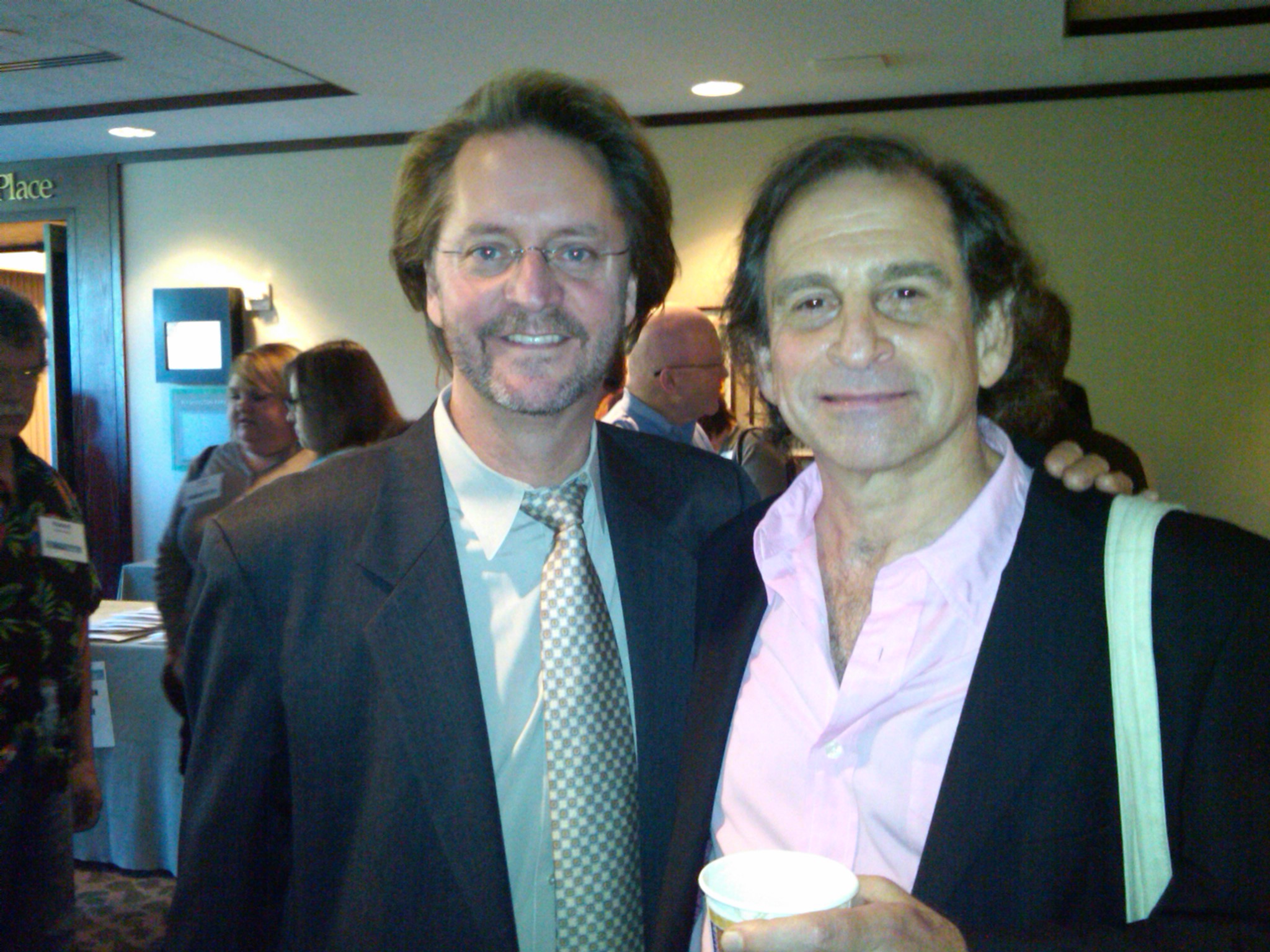
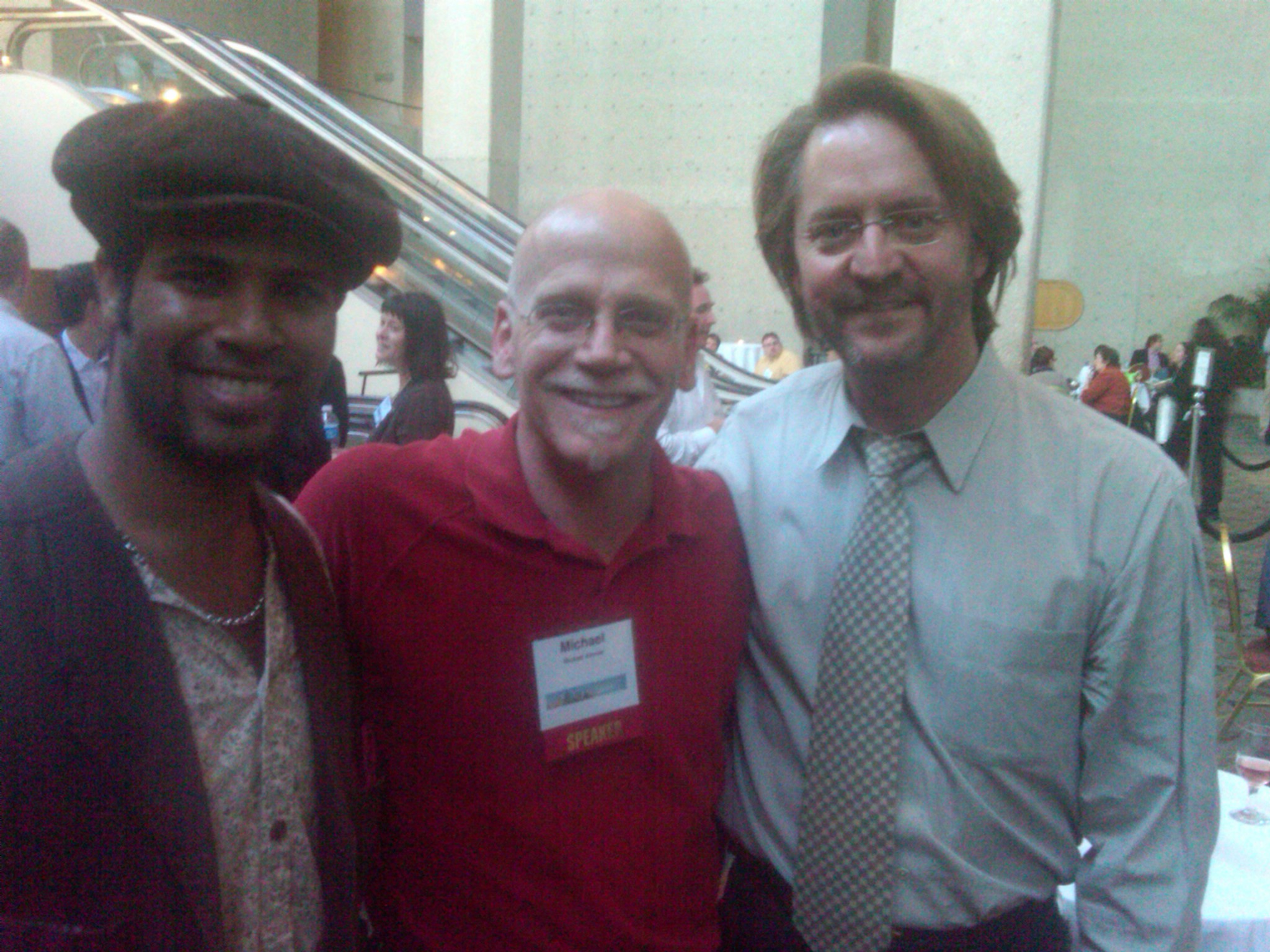
Rich Simon Anders Ericsson Michael Ammar
Rich Simon, Ph.D., the editor of the Psychotherapy Networker, kicked off the event using his time at the podium to place the conference’s emphasis on excellence within the broader history of the field of psychotherapy. He was followed by K. Anders Ericsson, the editor of the influential Cambridge Handbook of Expertise and Expert Performance, reviewed research on expert performance gathered over the last 3 decades. Scott D. Miller, Ph.D., translated existing research on expert performance into steps for improving outcomes in behavioral health. On day 2, professional magician Michael Ammar delivered a stunning performance of close up magic while teaching a specific method of deliberate practice that clinicians can use to improve their skills. Meanwhile, break out sessions led by psychologists, physicians, counselors, pharmacists, and agency directors addressed “nuts and bolts” applications.
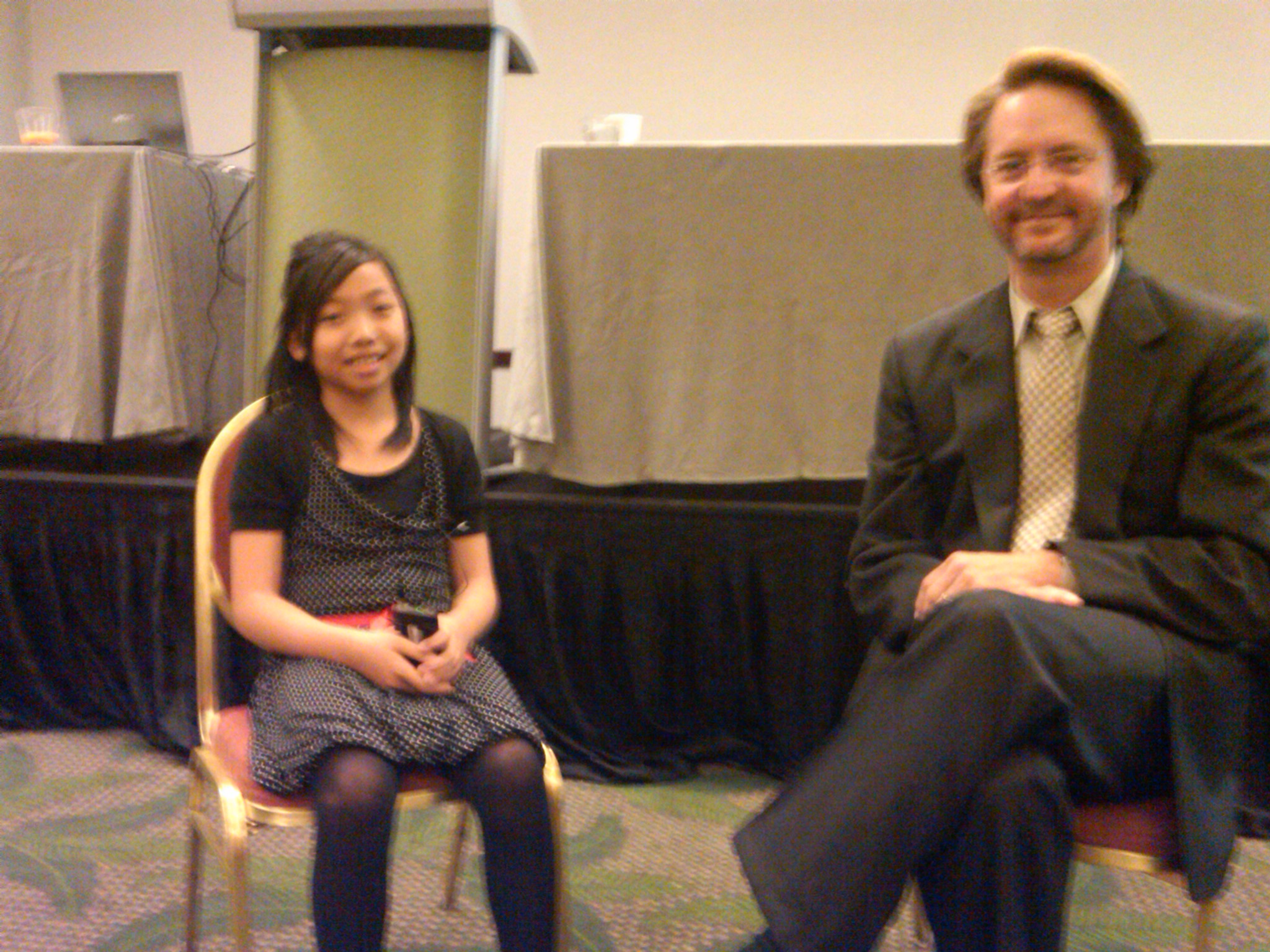
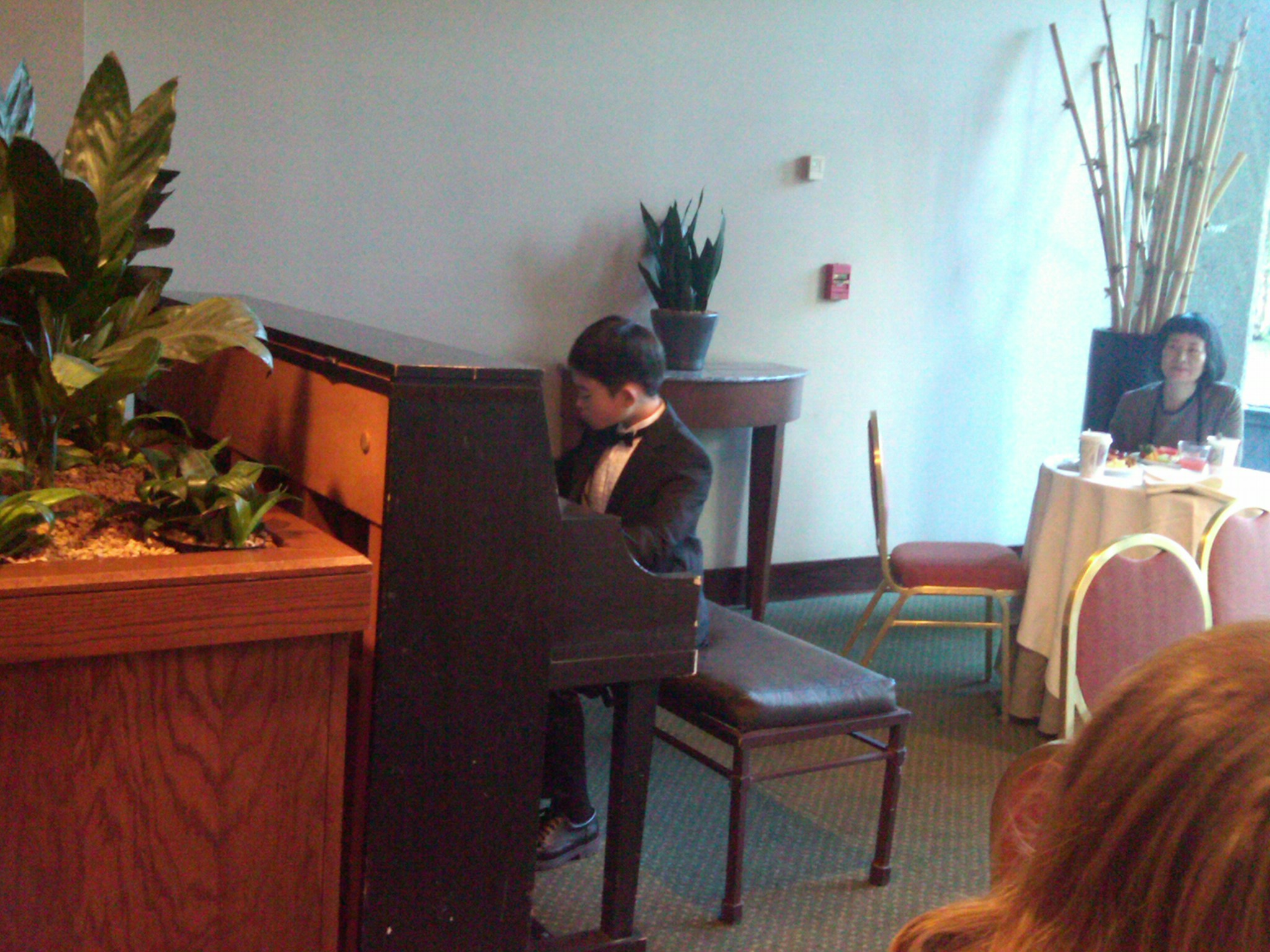
Rachel Hsu Roger Shen
In between each plenary and breakout session, top performers from a variety of fields entertained and inspired. Moving performances on the violin and piano by nine year old Rachel Hsu and eleven year old Roger Shen amazed and challenged everyone in attendance. “It is not talent,” Rachel told me, “It’s a lot of hard work–4 to 5 hours a day, everyday of the week, including weekends.” The take home lesson from these exception kids was clear: there are no short cuts when it comes to top performance. If you want to achieve your personal best you must work hard. Promises otherwise are so much more snake oil.
On Thursday evening, the Australian classical pianist, David Helfott, whose lifestory was the subject of the award winning film, “Shine” entertained conference attendees. His partner, Gillian, introduced and provided the audience with a brief history of David’s life, unfortunate treatment in the mental health system, and their long marriage. The audience rose to their feet in a standing ovation at the conclusion of the performance. There were few dry eyes in the house. Afterwards, the two spent nearly an hour meeting and greeting attendees personally. Once again, portions of the performance were broadcast live via ICCE web 2.0 technology to a world wide audience.
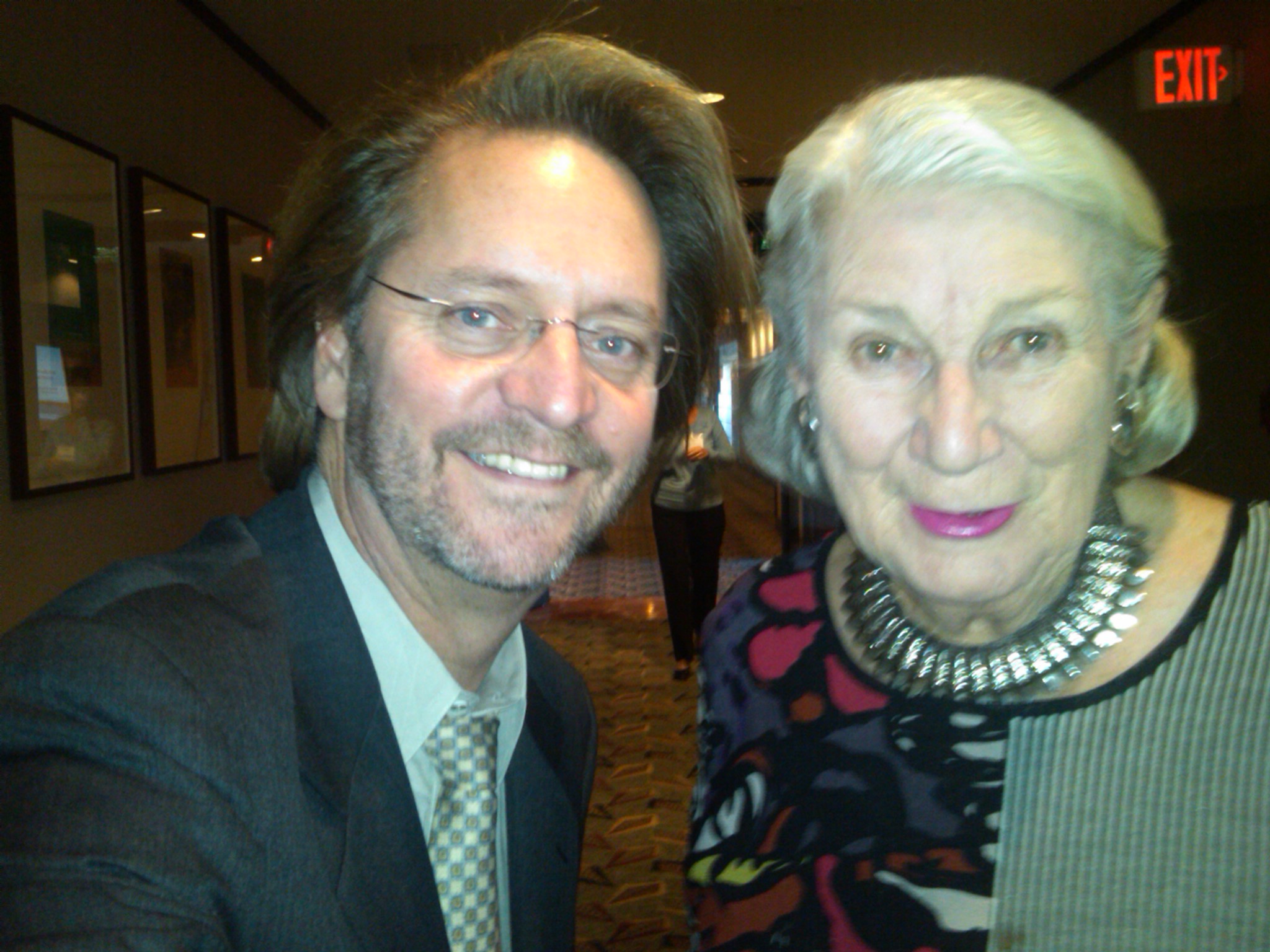
.jpg)
The inspiration that conference attendees felt continues on the International Center for Clinical Excellence web-based community. Join us as we work to help each other achieve our personal best. Still looking for inspiration? Take a look at the following two videos; first, a montage of events at ACE; and second, Mr. Ah’ Lee Robinson, the director of the Kansas City Boys Choir, whose story and performance brought the conference to a moving conclusion.


.jpg)
